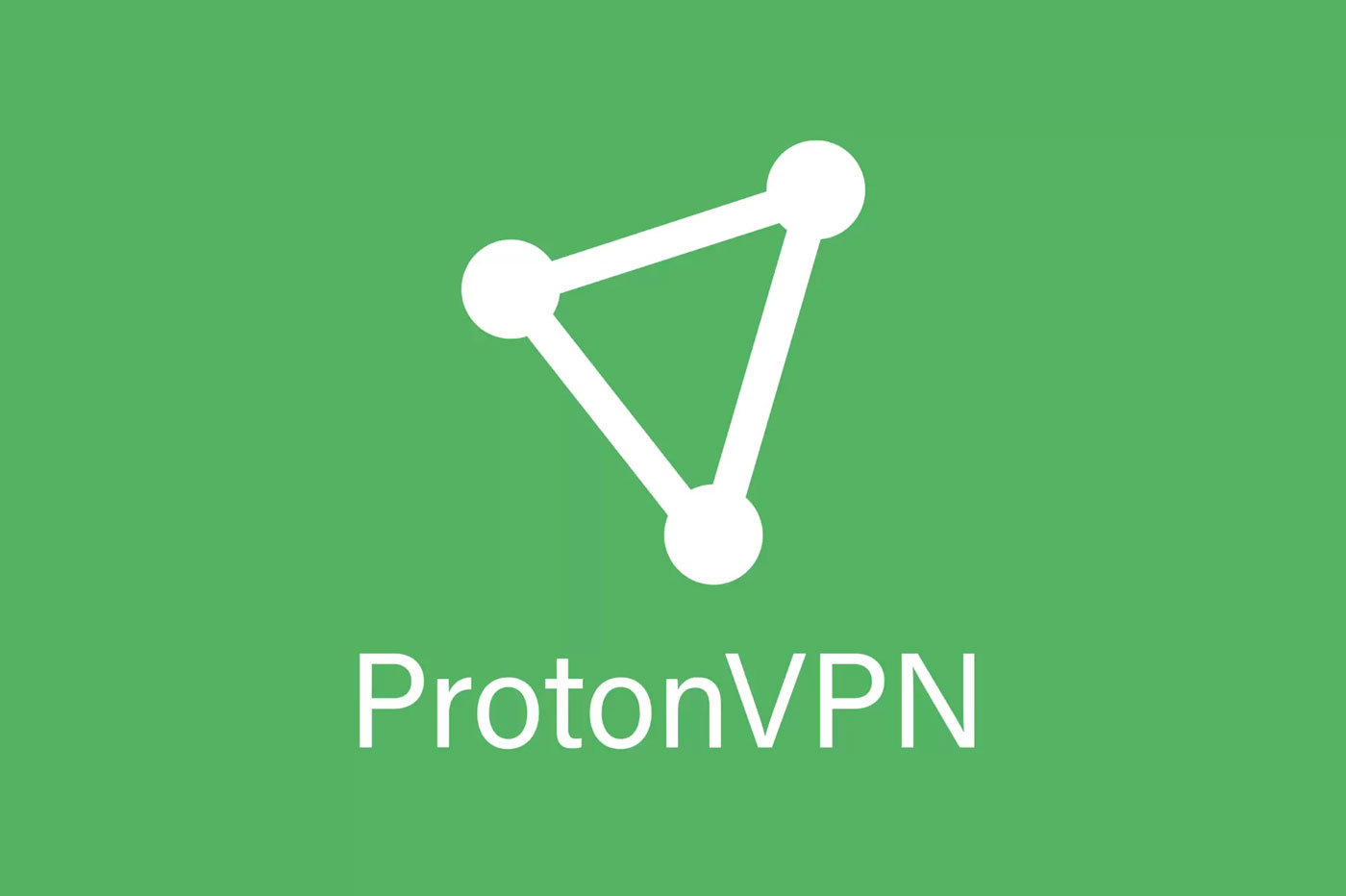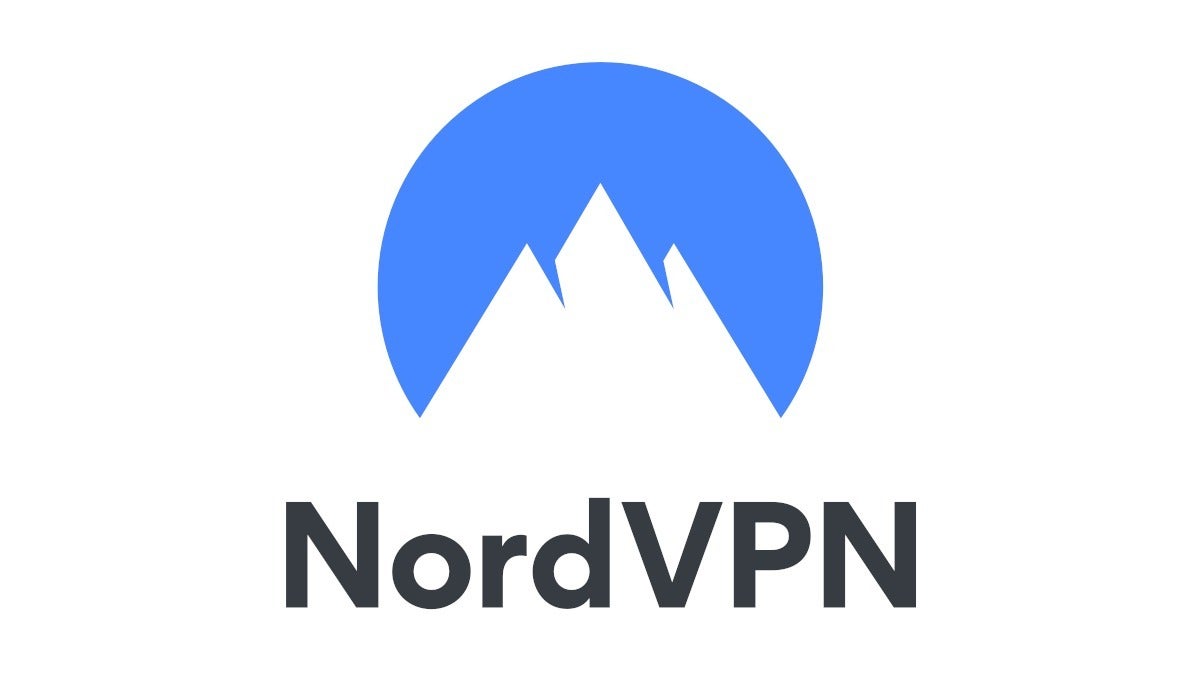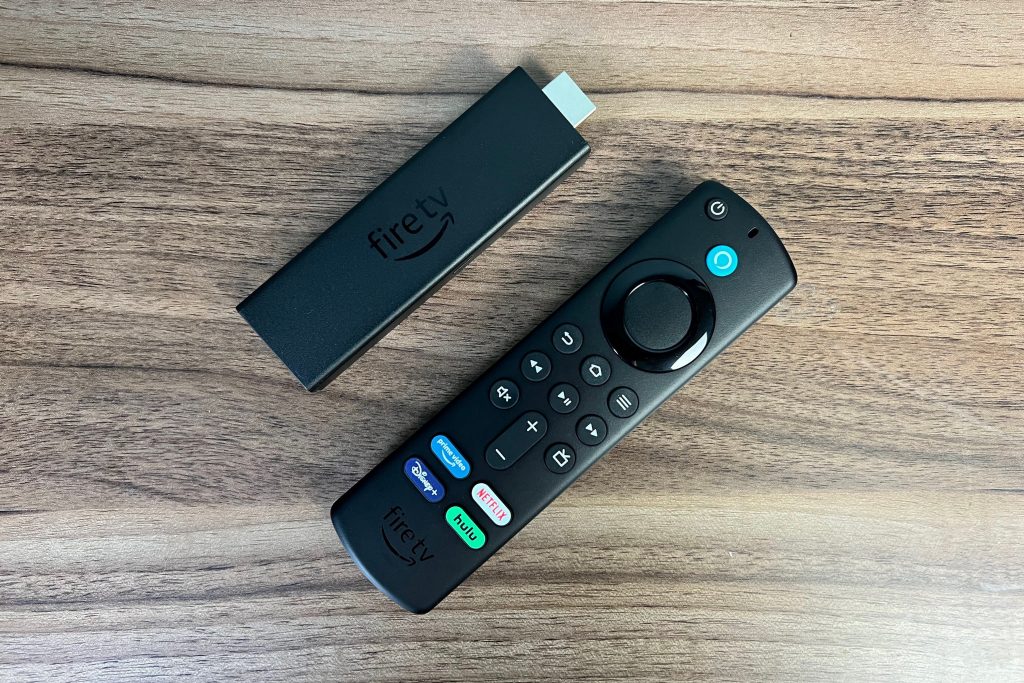
Amazon’s Fire TV Stick is a popular option for a cheap and easy-to-use streaming device for your TV. It’s small enough to be unobtrusive in your TV’s port but it still has enough computing chops to install and run apps from the Amazon Appstore.
That means you can run VPN apps right on the Fire Stick as opposed to trying to add a VPN to your router, or having to resort to a smart DNS feature—a hacky solution that’s not always as consistent as it should be.
With a VPN running, you can get access to your favorite content regardless of geographic restrictions. Whether you want U.S. Netflix in Paris, or BBC iPlayer in Toledo, using a VPN can help.
Here’s our picks of the five best VPN choices for Amazon’s Fire TV Stick, but one thing to keep in mind is that VPN connections do not work on the first-generation Fire Stick. Also, all VPNs discussed here require a paid subscription and they all support Netflix streaming—the reigning champion of VPN blocking. ((To learn even more about all the VPN services we’ve tested, see our roundup of the best VPNs for all sorts of uses.)
1. ExpressVPN – The multi-device champion

ExpressVPN is our top pick as the best VPN overall right now, and it’s a natural fit to lead the best options for Fire Stick. This VPN has excellent speeds, tons of servers, and a wide variety of country options. It also has broad device support including Amazon’s streaming stick.
Read our full
ExpressVPN review
2. ProtonVPN

ProtonVPN is second place for speeds, and it has an app in Amazon’s Appstore for the Fire Stick. With ProtonVPN you also get a wide variety of options for servers and countries. ProtonVPN has a number of different subscription packages so be sure to choose the appropriate package for your needs.
Read our full
ProtonVPN review
3. Hotspot Shield
![]()
For a number of years now Hotspot Shield has been our undisputed speed champ. Its privacy policy has not always been as robust as other services, but if your primary consideration is speed then this is the VPN to try out. Check out the Hotspot Shield in Amazon’s Appstore.
Read our full
Hotspot Shield review
4. NordVPN

Another perennial favorite, NordVPN is an easy choice as an option with Fire TV Stick. It has everything you need for a great streaming experience, including solid speeds, tons of servers, and wide country support. It’s also an excellent choice as a general VPN, as are all the selections here. Get the NordVPN app for Fire TV Stick in the Appstore.
Read our full
NordVPN review
5. AirVPN

AirVPN is in the lower five of our top 10 VPN for speeds, but it’s still plenty good for streaming. Its interface is more basic than many other VPNs, but it’s a popular choice among some privacy-conscious users, and it has a good privacy policy. Check out the Eddie UI app for AirVPN in the Appstore.
Read our full
AirVPN review
What to look for in a Fire Stick VPN?
First, let’s get the obvious out of the way: You want a VPN that’s in the Amazon Appstore. VPNs that support a router are great for those who either want to purchase a router with a VPN built-in, or are willing to reflash a compatible router. For most people it’s preferable just to have a VPN app on their device.
After you’ve figured out which VPNs are in the Appstore, you want to avoid any that you’ve never heard of. As we’ve said many times, VPNs are all about trust, and it’s hard to trust something that doesn’t have a reputation of any kind.
Next, you want a VPN that supports whatever service you’re looking to use. If you want to get around Netflix geo-restrictions then you need something that promises Netflix support. If you want to stream something that’s based in India then, obviously, you’ll need servers in India. Most mainstream services we’ve recommended here will apply for the scenarios we’ve just outlined.
Once you’ve got that critical stuff wrapped up, you want a fast VPN. If you don’t have enough speed you can end up with frustrating interruptions to your streams. The good news is that the speeds in all the VPNs we’ve mentioned here are top notch. So unless you are trying to do something very specific (like streaming Australian content while living in Boston) that requires special speed considerations, any of the VPNs mentioned here should be just fine.
Privacy can also be helpful, but the reality is that if you just want a VPN for streaming, then privacy isn’t as much of an issue. Nevertheless, if you’re concerned about privacy be sure to check out our reviews of all the VPNs mentioned here for a look at their privacy policies.
How we test
All VPNs we look at are tested on Windows, unless otherwise specified, over a hard-line connection. Since the Fire Stick’s default connection is over Wi-Fi the speed expectations will be a little different. However, our tests are still a good guide for the capabilities of each VPN. Also keep in mind that you can get adapters for the Fire Stick if you want to use Ethernet for streaming.
Our VPN tests take place over three days. On each day we test at a different time of the day. Each test includes taking the speeds from five different countries three times each. Then those tests are calculated to get an average speed for each country on each day. Once all the testing is done all the average scores are averaged together to get a global average VPN speed. Then we compare the global average to the average base speed (taken on each day), and then we express that average VPN speed as a percentage of the base speed. We don’t quote actual megabits-per-second speeds since there are so many factors that can influence them, from your ISP, to your location, to your devices. Percentages, however, give you a better idea of what to expect in terms of bandwidth loss when you fire up the VPN on your network.
Fire TV Sticks are fantastic little streaming devices, and if you want to expand your streaming catalog then a Fire TV Stick with a good VPN app is even better.
Note: When you purchase something after clicking links in our articles, we may earn a small commission. Read our affiliate link policy for more details.
Author: Ian Paul, Contributor

Ian is an independent writer based in Israel who has never met a tech subject he didn’t like. He primarily covers Windows, PC and gaming hardware, video and music streaming services, social networks, and browsers. When he’s not covering the news he’s working on how-to tips for PC users, or tuning his eGPU setup.
